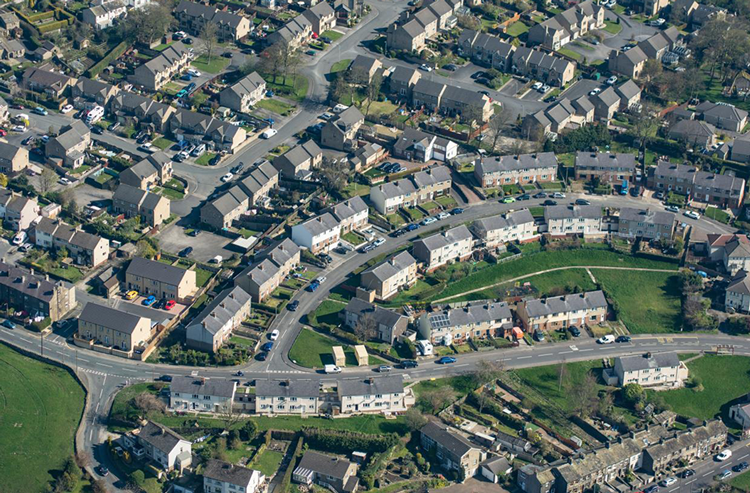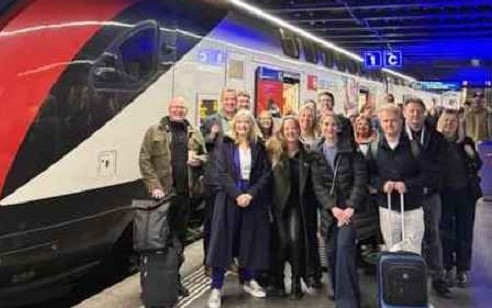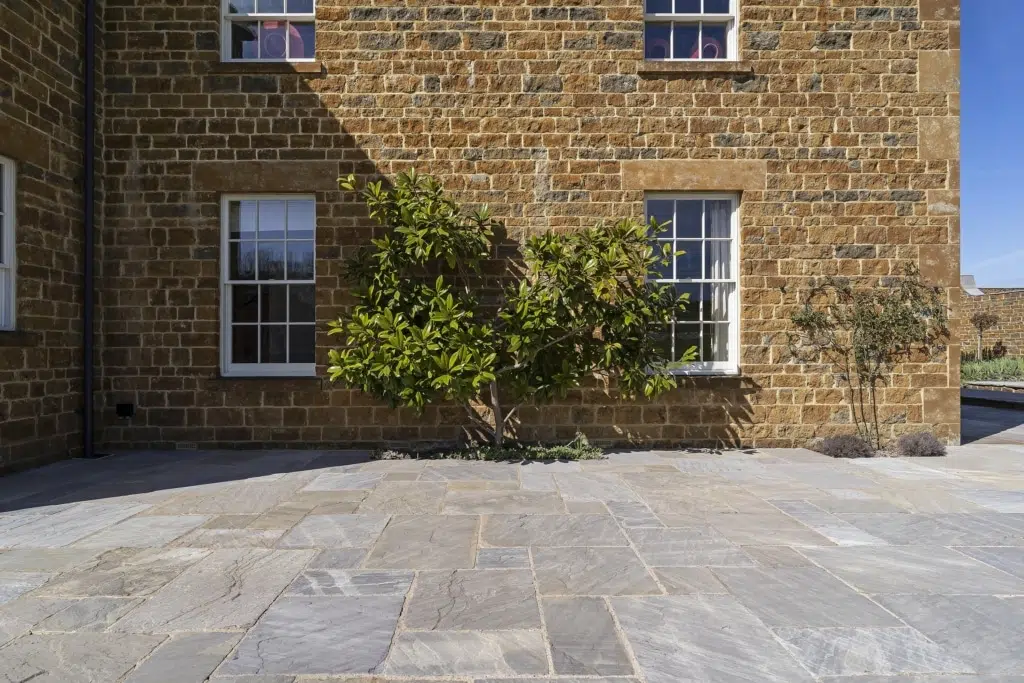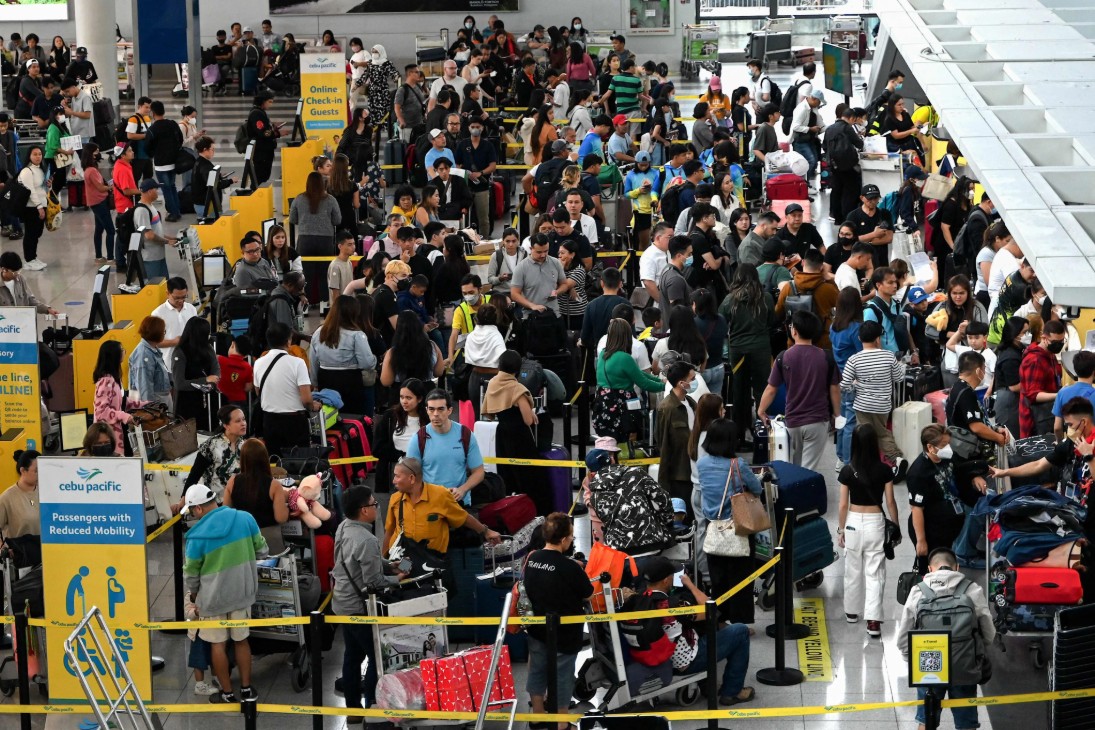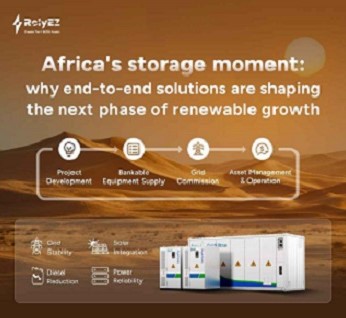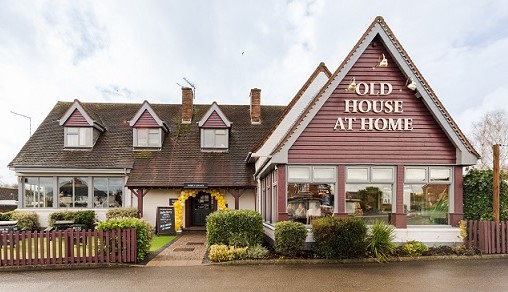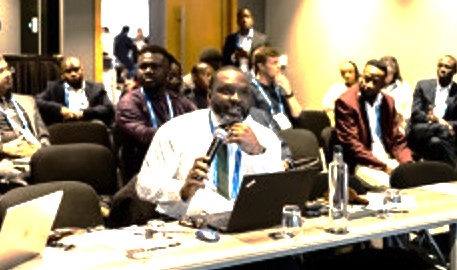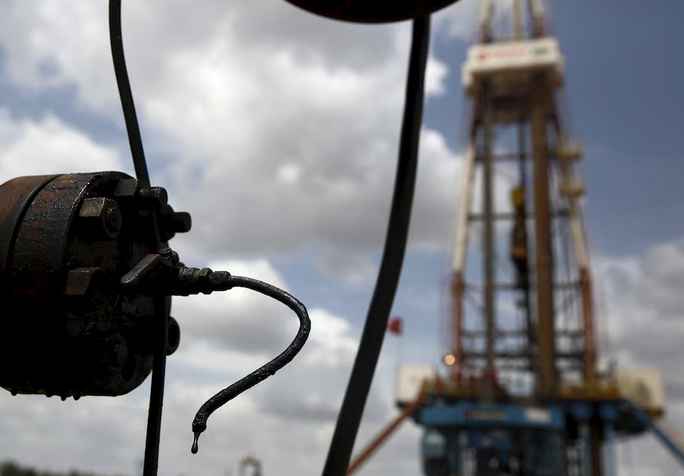The West Midlands has won a bid for almost £1million to help people who are struggling to keep their homes warm this winter.
The grant has been made to the charity Act on Energy, a member of the West Midlands Combined Authority’s (WMCA) fuel poverty task force set up by Energy Capital which is responsible for identifying funding to tackle the problem in the region.
The Warmer Homes West Midlands programme will receive £909,358 to provide energy advice to people who are struggling to keep their homes warm. The West Midlands has some of the highest rates of fuel poverty in England, second only to the North West region.
The advice programme will help more than 7,000 vulnerable households, will create jobs and help support WMCA’s environment target of #WM2041 – to be carbon neutral by 2041.
The programme will also improve the health and wellbeing of people with pre-existing cold and damp related medical conditions through energy saving advice, energy saving measures and debt advice.
Rachel Jones, chief executive, Act on Energy said: “This an exciting programme that comes at a critical time, enabling households to have a warm and affordable home is vital especially during the current coronavirus pandemic. This programme will enable us to support vulnerable residents across the region and provide the support and guidance they need to live in warm and affordable homes.
“The programme will also enable us to recruit outreach workers directly across the local community so we can really understand and support the needs of a community and work together to address the impacts of those who are living in fuel poverty.”
This project forms part of a wider regional fuel poverty and retrofit programme being led by Energy Capital at the WMCA, aiming to provide jobs and support for local people as part of the region’s green recovery.
Andy Street, the Mayor of the West Midlands, said: “The WMCA remains utterly committed to tackling the region’s climate emergency by 2041, and addressing fuel poverty is a key part of those plans. This is why the Warmer Homes West Midlands programme is so important, and I am pleased we have received this new funding to enhance our work.
“As well as making homes more fuel efficient by helping people keep their homes warm, addressing fuel poverty will also help to improve people’s health by eradicating damp homes, and improve their economic situation by making energy bills more affordable.”
The award given to Act on Energy is from a fund held by the Energy Savings Trust - which was set up to finance charities to deliver programmes to benefit the public. Called the Energy Redress Scheme, it is funded by money collected by Ofgem from energy companies, usually because they have broken the regulator’s rules.
The project aims to reduce fuel poverty, which is defined as when householders can’t afford to keep adequately warm at a reasonable cost, on their income. A total of 304,000 fuel poor households exist in the West Midlands and 12.6% of households suffer from fuel poverty due to higher than average fuel costs, combined with lower than average incomes
A team of qualified energy advisors will be recruited to provide advice by telephone, through case work, home visits and community events, where it is safe to do so. A team of community outreach workers will ensure that as wide a range of people as possible will be able to take advantage of the project.
Councillor Ian Courts, leader of Solihull Council and environment portfolio holder for the WMCA said: “We have set a target for the West Midlands to be carbon neutral by 2041, but we must make sure no one is left behind. This programme will contribute to that goal.
“The grant is to be welcomed and I’m pleased that Act on Energy will now be helping us tackle the scourge of fuel poverty by running The Warmer Homes West Midlands programme.”
The news of the grant comes in the same month as a taskforce featuring some of the UK’s top property experts has been launched to help the West Midlands accelerate the construction of low carbon, energy efficient homes.
The Zero Carbon Homes Taskforce has been set up by the West Midlands Combined Authority (WMCA) to support the region’s fight against climate change, making sure all new homes meet tough zero carbon standards from 2025 onwards.
The taskforce, which is being chaired by the UK Green Building Council, will provide local and expert insight into how the region plans for a net zero future as it works towards achieving its ambitious target of being carbon neutral by 2041.



